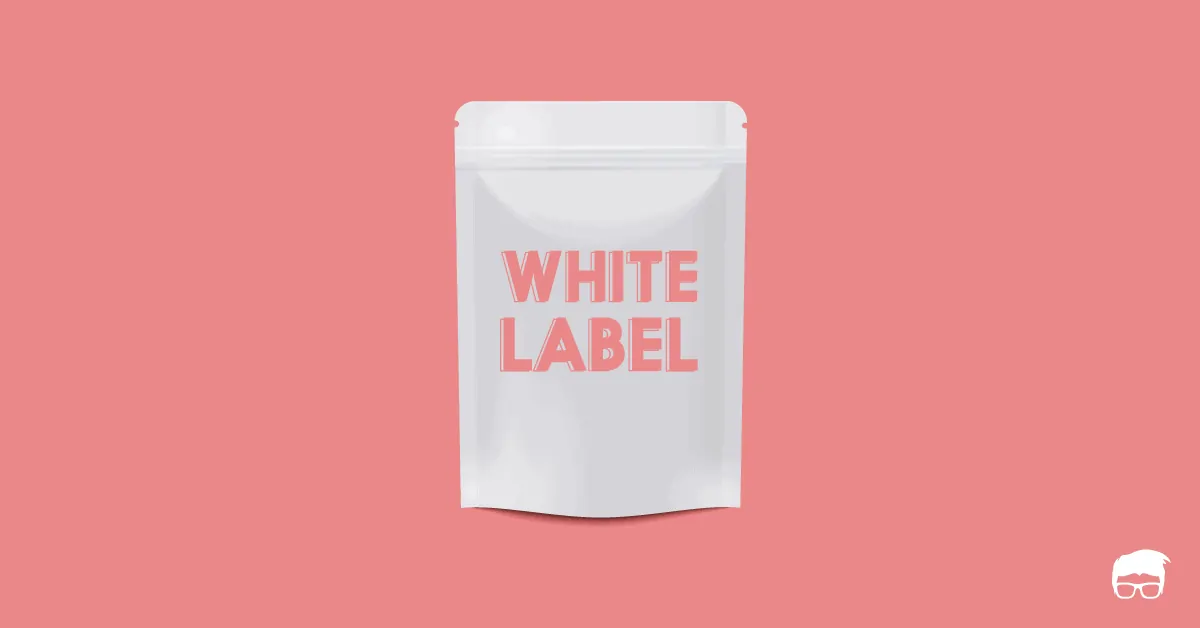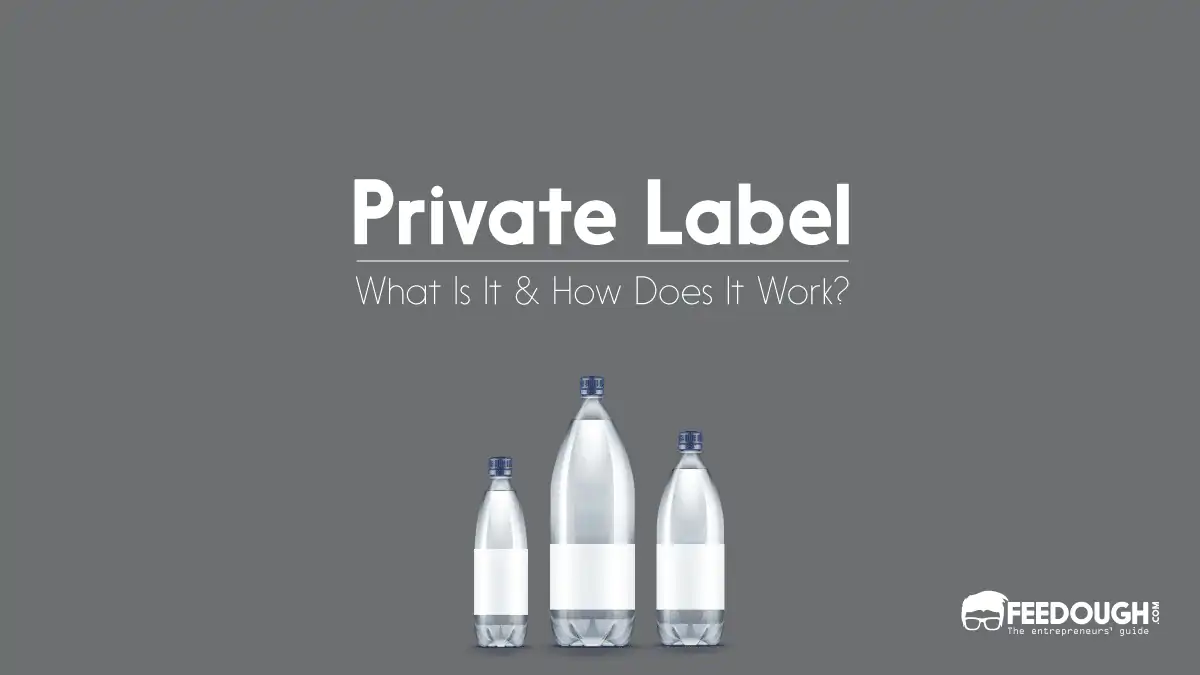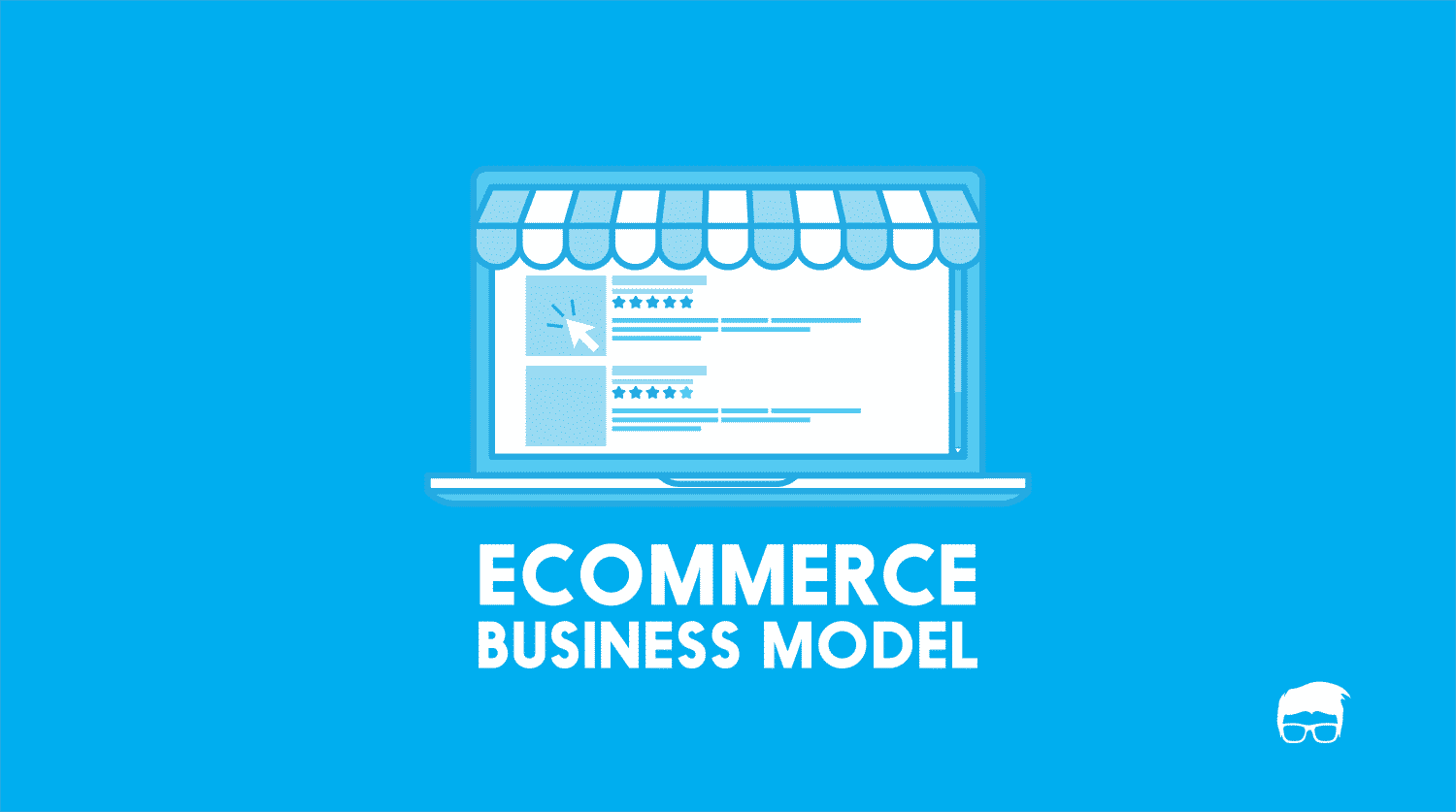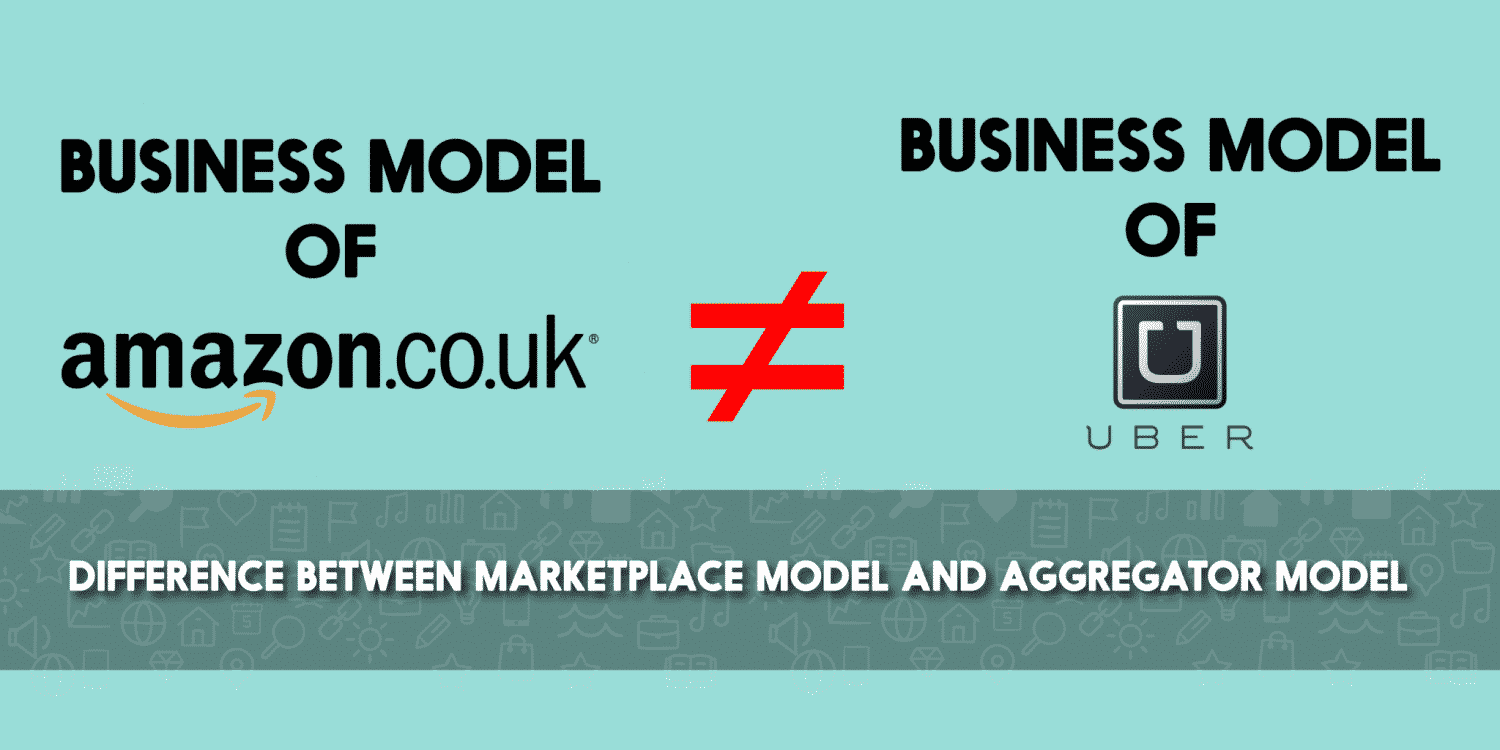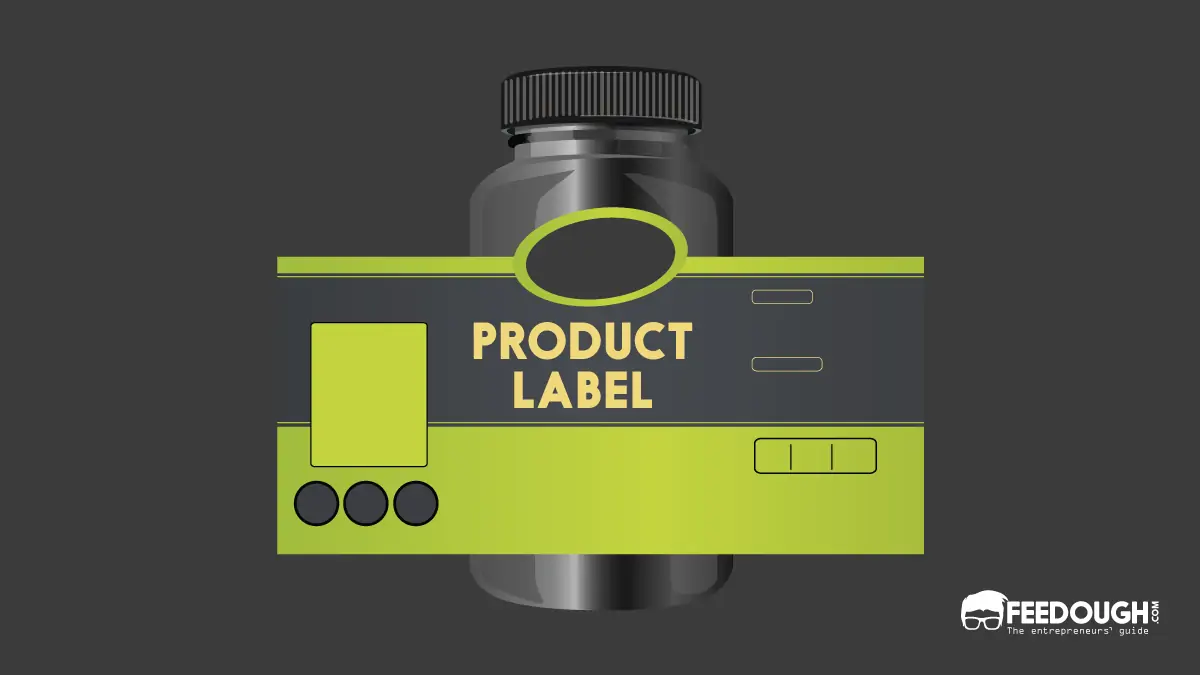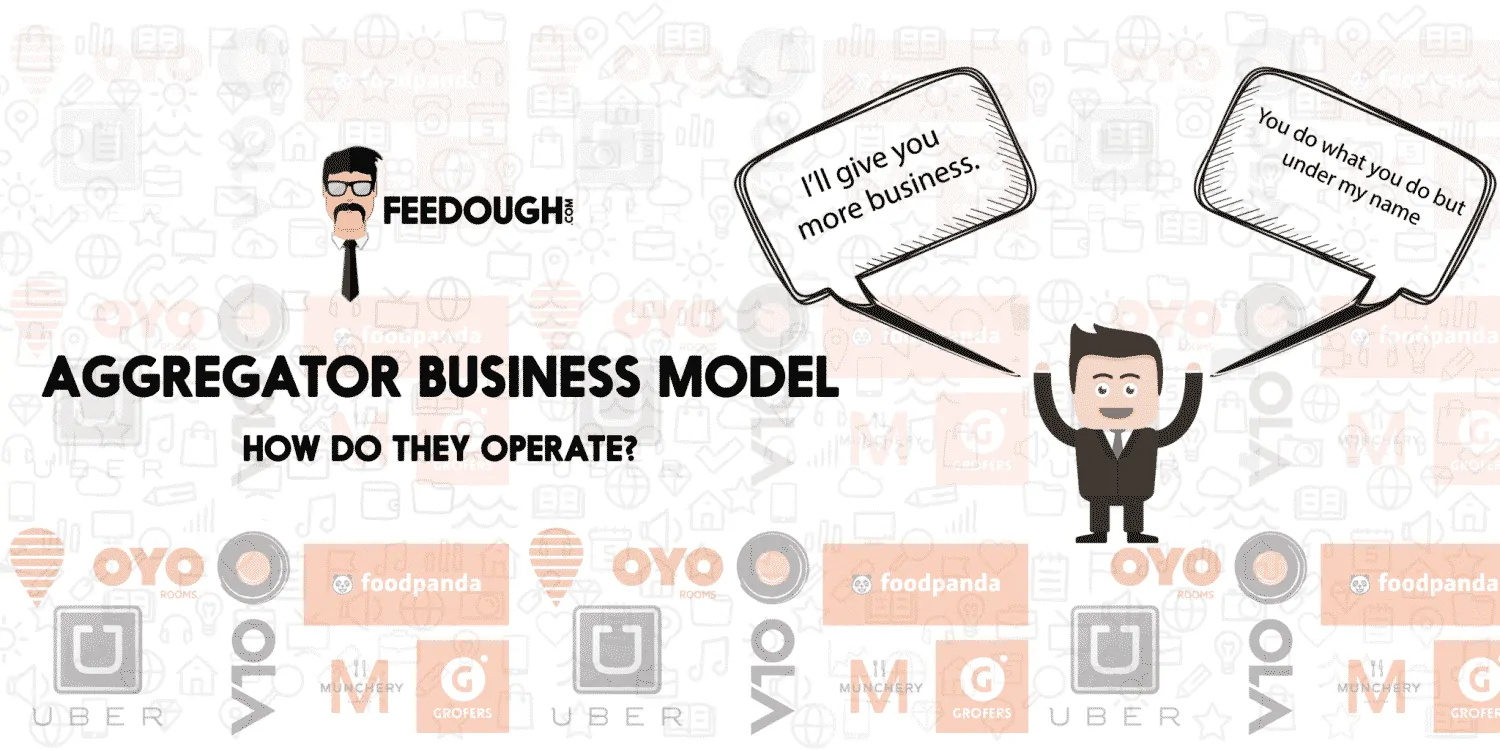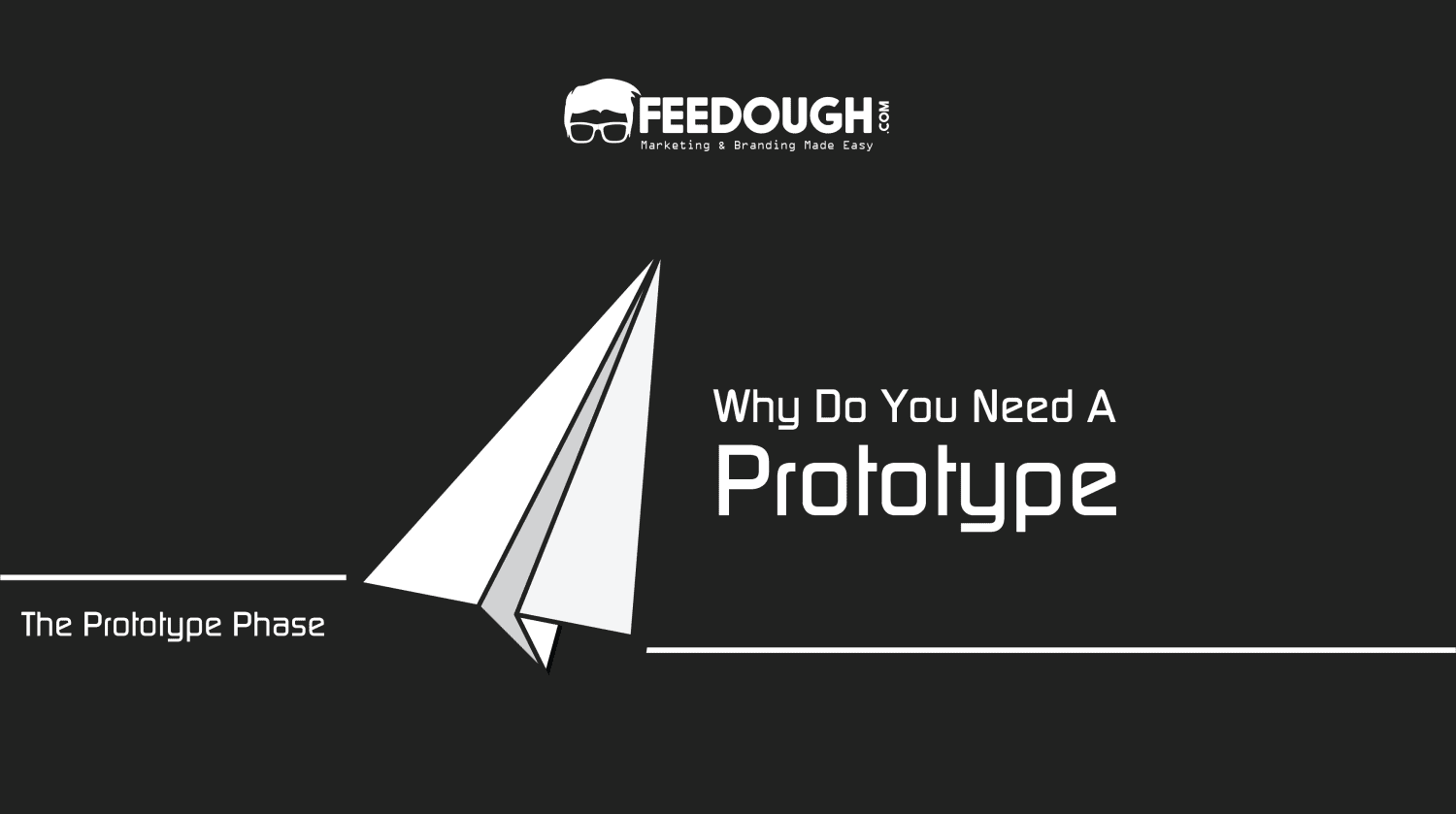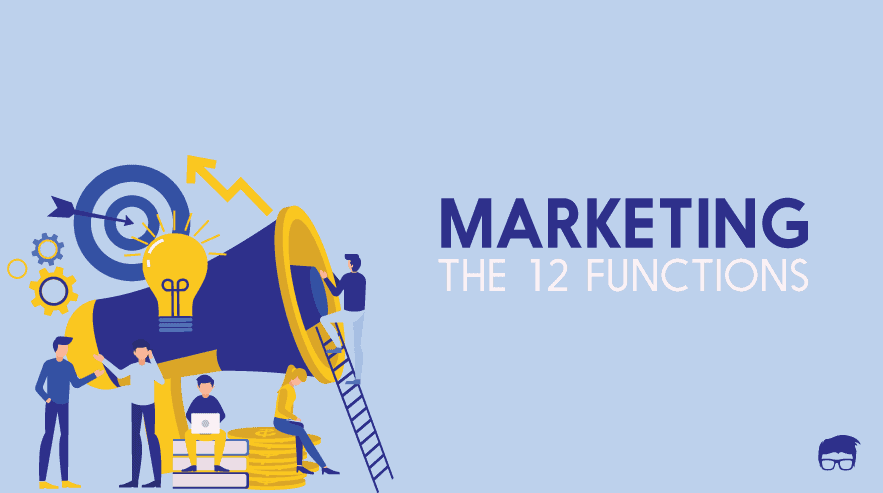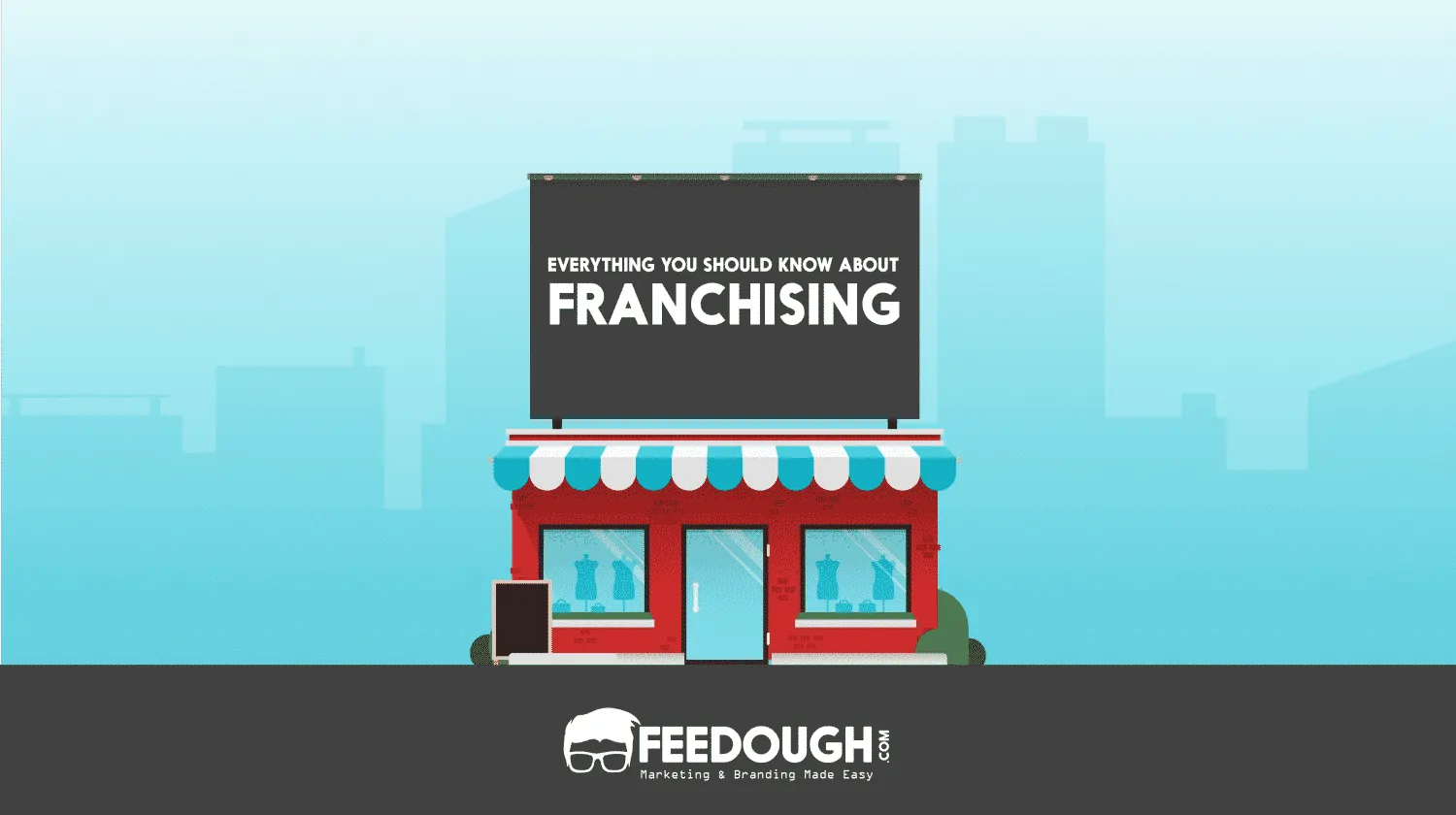Not every business develops its offering intending to operate on a B2C model (customer-facing model). Some focus on getting resellers and even let such resellers to sell their offerings under their own brand name.
This type of business operations is called white labelling, and the product that’s offered is called a white-labelled product.
Businesses usually choose this model when they desire to focus just on the manufacturing and production, and not on how the product is marketed, promoted, or sold in the market.
What Is White Labelling?
White labelling is a process where one business produces a re-brandable and re-sellable product or service that another business sells under its own brand.
In simple terms, this process lets two businesses join hands and divide the tasks of manufacturing and selling while the seller takes the benefit of building a brand out of such offering.
What Is White Label?
White label is a business model where a manufacturer produces an unbranded offering and signs an agreement with other resellers to sell it under their own brand name.
This business model often involves signing agreements with one or more sellers, who rebrand the offering and even sell the same offering at different price tags depending upon their own brand equity.
How White Labelling Works?
White labelling involves an agreement between two parties –
- Manufacturer: The business that develops a re-brandable and re-sellable product. The only task of the manufacturer is to develop a good quality un-branded product that has a demand in the market.
- Reseller: The business that buys the product from the manufacturer and sells the same under its own brand. Reseller works on building its own brand, marketing, and promoting the product in the market to get sales. The reseller customises the product according to its brand guidelines and presents it as its own offering to the end consumer. By doing this, it makes the customers believe that the product is unique to its brand.
The white labelling process involves a legal-agreement between these two parties that includes a set of specific and detailed provisions like:
- The relationship between the two parties: Are they partners or just two businesses in trade?
- The manufacturing and development of products: Can alterations be made to the existing process and special requests be entertained by the manufacturer?
- Product packaging: How the product should be packed, and what are the guidelines for labelling? Will the manufacturer apply the label of the reseller or it has to be done by the reseller himself?
- The Rights of both the parties: Can the manufacturer sell the product to other resellers as well? If not, what are the restrictions?
- Responsibilities of both the parties: Who handles what (like after-sale services, warranties, order fulfilment etc.)
- Pricing: How the costs and profits are divided?
- Intellectual property rights: Does the manufacturer hold ownership of the product formulation? Who owns the intellectual property rights?
- Other terms
White labelling is a lot common in the software industry where the offering manufacturer signs such contracts with more than one seller, resulting in different brands selling a similar offering.
Advantages And Disadvantages Of White Label Products
Deciding to buy a generic product from a manufacturer, customising it, building a brand out of it, and selling it as the brand’s unique product does has its own pros and cons for both the manufacturer and the reseller.
Advantages To The Manufacturer
- Ready Demand: The white-label product manufacturer usually chooses the niche that already has a proven demand. Such demand comes with an assurance that whatever it’ll produce, there’ll be business buyers who’ll buy it.
- Saves marketing and promotion cost: Manufacturers save a lot of time, money, and effort that could have been spent if they chose to sell the products directly to the customers.
- Economies of scale: Usually, white labelling involves signing agreements with more than one seller. This helps the manufacturer make use of economies of scale while manufacturing. Moreover, focusing just on manufacturing helps in finding or developing cost-effective ways to make the offering.
Advantages To The Reseller
- Easy market entry: White labelling makes it easy for new businesses to enter the market.
- Saves manufacturing costs: Manufacturing costs of developing certain products can be a lot as it involves buying machinery, renting space, and hiring workforce. White labelling protects the reseller from such expenses.
- Helps In Focusing on brand building: White labelling helps resellers focus most of their time, efforts, and other resources in building a trustable brand in the market that aids sales.
- Aids Expansions: White labelling is a great option for resellers who want to scale fast and add new offerings to their portfolio without investing much in manufacturing them.
- Discounted Sales: The saved costs of manufacturing enables the resellers to sell the offering at a discounted price.
Disadvantages To The Manufacturer
- No name in the market: Manufacturers are not able to develop their own brand in the market or face customers.
- Reseller Dependency: They have to depend on resellers for sales.
- Limiting Terms: Sometimes, resellers and manufacturers sign agreements that prevent the manufacturers from entering into a similar contract with the reseller’s competitors. This prevents growth of the manufacturer.
Disadvantages To The Reseller
- Manufacturer Dependency: Resellers have to depend on manufacturers not just for the initial products, but also for repairs, and warranty fulfilment.
- High Competition: There are times when the manufacturer offers the same offering to more than one reseller. This increases competition in the market.
- Limited Customisation Options: Since the manufacturing isn’t in the hands of the reseller, customisation is limited.
White Label Examples
White-labelling, even though, more prominent in the software and SAAS industry, is seen everywhere from fashion to food industry. Here are some examples:
Fenty Beauty
Fenty Beauty is a cosmetic brand launched by Rihanna. The company has signed a deal with Kendo holdings that that manufactures cosmetics as white-label products for the brand. The same manufacturer produces makeup for other companies like Kat Von D, Marc Jacobs, Lip Lab, Bite Beauty, etc.
Social Media Management Software
Often in the SAAS industries, white label products are offered as scripts or APIs that can be used by the resellers under their own brand name.
There are specialised marketplaces like Code Canyon that helps developers sell such scripts to the resellers.
Social media management software is one example of such scripts.
Credit Card Processing
Often, banks partner with white-label service providers who do the field-job of collecting the information of the leads before the credit card goes into processing.
AliExpress Dropshipping
Aliexpress is an ecommerce marketplace based in China that lets resellers sell its products under their own brand name.
This model is called dropshipping. In this model, the seller on AliExpress handles the manufacturing and shipping of the product while the reseller only focuses on building a brand and getting sales.
White Label vs Private Label
While mistaken to be same, white label is not same as private label.
White Label | Private Label | |
|---|---|---|
Definition | White labelling involves buying an unbranded offering from a manufacturer who often sells the same offering to other resellers as well. | Private labelling involves signing an exclusive contract with a manufacturer who develops the product according to the needs of the seller, who then markets and sells it under its own name. |
Customisation | It doesn’t involve much customisations. | It involves customisations. |
Exclusiveness | White label manufacturers are not exclusive to a reseller. | Private label manufacturers are exclusive to resellers |
Example | Kendo is a white label manufacturer that provides products to Rihanna’s Fenty beauty as well as Kat Von D, Marc Jacobs, and Lip Lab. | 365 Everyday Value is a private label line of Whole Foods. It is exclusive to the brand. |
Go On, Tell Us What You Think!
Did we miss something? Come on! Tell us what you think about our article on white-label products in the comments section.
A startup consultant, digital marketer, traveller, and philomath. Aashish has worked with over 20 startups and successfully helped them ideate, raise money, and succeed. When not working, he can be found hiking, camping, and stargazing.
